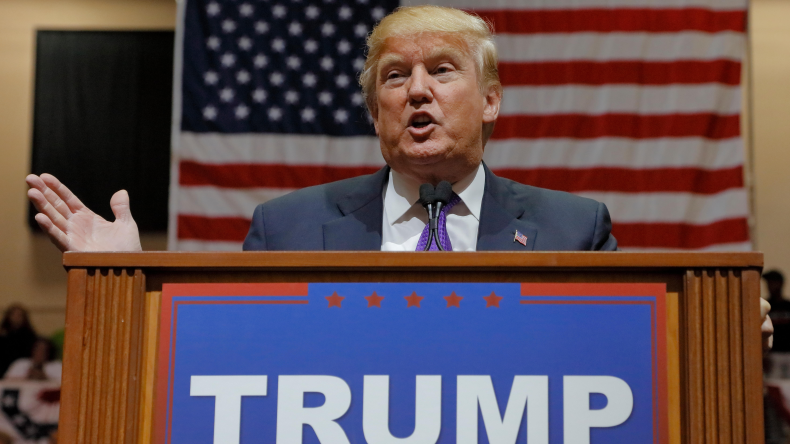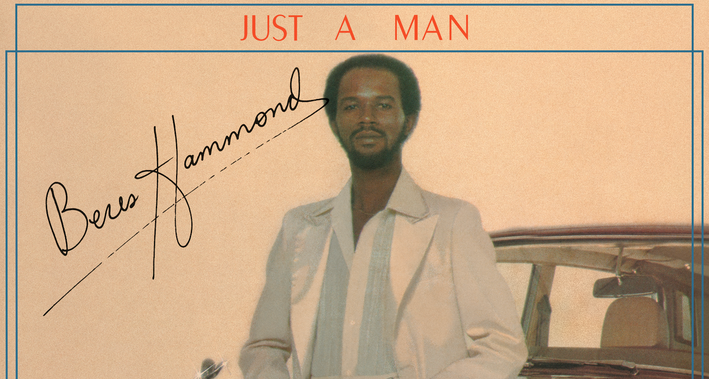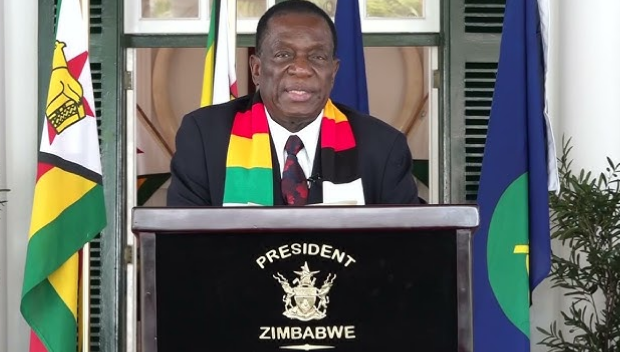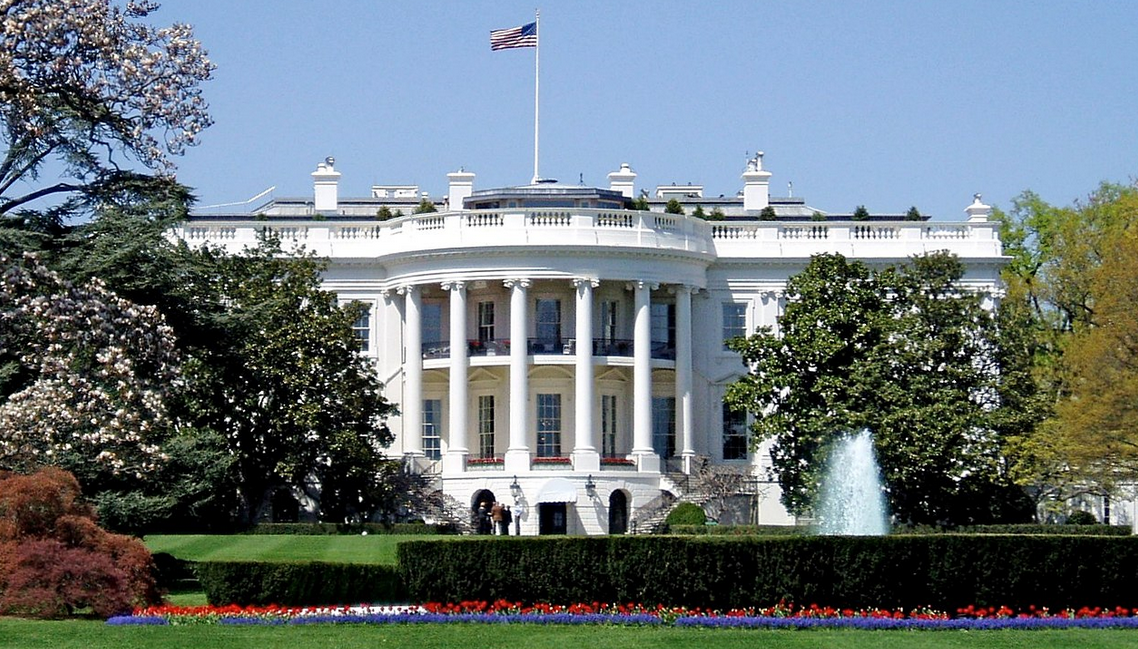H. Lee Sarokin
On The Case of The Missing Transcripts
PART ONE: Defendants in a Colorado case, United States of America v. Banks et al., claim, in addition to asserting their innocence, that their Fifth Amendment rights were violated when the trial judge compelled them to testify.
Following a jury trial, all six defendants (five black and one white), known as the “IRP6,” were convicted of mail fraud or conspiracy, were sentenced to terms of imprisonment ranging from 87 to 135 months beginning in July 2012, and are presently incarcerated pending appeal.
They represented themselves during the trial, and although they were aware of their right against self-incrimination (and named themselves on a potential witness list), they contend that the judge compelled waiver of that right. Apparently the judge was frustrated by their failure to produce witnesses in a timely fashion, and they claim the judge said something that led them to believe that at least one of them had to testify in order to keep their defense open.
The case is now on appeal. Usually out of deference to the circuit court handling the matter, I would not comment. However, there is one aspect of the case that intrigues me, and since the matter has been pending for a considerable period while the defendants languish in prison, I thought some general airing might be appropriate.
Resolving the issue should be a no-brainer, right? Look or listen to the transcript; read or hear what the judge said and decide whether or not the defendants reasonably concluded that at least one of them had to testify.
But here’s the rub.
There apparently is no record or transcript of the conversation available to either the defendants or the appellate court. The advocates for the defendants (a-justcause.com), who have asked me to review and comment on this matter, claim that efforts to obtain the record of the conversation between the judge and the defendants on this issue have been met variously with claims that there is no record (the reporter missed the conversation), that it exists but is missing, that it existed but has been destroyed, or that “we have it but won’t turn it over.”
They also claim that all informal and formal attempts to obtain that critical exchange between the court and the defendants have been denied either by the court reporter or the court. They advise that the relief was even denied in a separate civil suit brought against the reporter for the turnover of the transcript.
Because there is always a danger in these matters of hearing one side, I insisted that I be furnished with the government’s version of what transpired in this disputed exchange. The government’s brief (U.S. Answering Brief) summarily dismisses the claim by stating, “Because nothing in the record other than the defendants’ own self-serving assertions supports their claims of compulsion, the exact language used by the district court during the sidebar conference is immaterial” (emphasis mine).
Roughly translated, the statement should read, “There is nothing to support the defendants’ position on the record, because there is no record.” It is an obvious concession by the government that the record before the court of appeals does not contain evidence of what the trial judge said to the defendants — which they claim caused them to believe that they had to testify or be foreclosed from proceeding with their case.
Although the defendants vehemently proclaim their innocence, I do not have sufficient information to comment on their convictions. But I have no doubt that whether or not they felt compelled to testify depends exclusively on what the judge said to them at that precise moment. To suggest that the court’s “exact language” is immaterial is ludicrous, particularly since the court and the defendants disagree as to what was said.
Certainly no judge would direct a criminal defendant to testify against his or her own will, but it is conceivable that something was said that reasonably led them to that conclusion. The answer lies in the record, which apparently does not exist, for reasons that seem to be elusive.
The case raises numerous other serious questions about the prosecution, conviction and incarceration pending appeal of these defendants, but my comfort level limits me to this one strange mystery: the missing transcript.
The case does raise the question of why six respected businessmen would engage staffing companies to hire and pay workers for a project that (as the government contends) defendants had no intention of completing and selling. Were they just interested in increasing the level of employment in their community? Or were they merely a typical company whose goals were delayed in fruition, did some puffing in the process and owed money as a result?
PART TWO: In an earlier post involving the case of United States of America v. Banks et als., I reported the assertion of the 6 defendants that, in addition to their claims of innocence, they contend that their 5th Amendment right against self-incrimination was violated. They claim that the presiding judge instructed them that unless one of them took the stand, their defense would be closed and their case over. The presiding judge denies giving that ultimatum. The answer lies in the transcript, but there is no record of that exchange. In my earlier post I mentioned that a separate civil suit was instituted against the court reporter to turn over the transcript. That suit was dismissed on legal grounds, but now having read the court’s opinion, its factual findings confirm without question the defendants’ contention — not about what was said, but rather that there is no record of what was said.
Judge R. Brooke Jackson, in an incredibly detailed opinion considering the miniscule nature of the claim, but obviously sensitive to the charges asserted, made detailed factual findings. His opinion should serve in lieu of a remand for a hearing on this sole issue. Very significant to me is that following this exchange between the defendants and the Court, Mr. Barnes, one of the defendants took the stand, and shortly thereafter it was government counsel that expressed concern. He “asked the court to make it clear on the record that all parties ‘had every reason to believe that Mr. Barnes intended to testify no matter what happened in this case…regardless of the fact that the defense otherwise ran out of witnesses this morning.” Why would he bring it up, unless he was concerned that something had transpired which made that clarification necessary?
And then the donnybrook followed. Sample statements from the defendants at the original trial:
“Actually, Your Honor, it was something we felt we had to do.”
“And you also said if one of them (a witness) wasn’t available, we had to put one of us on.”
“When we approached the bench, your words to us were ‘Put one of your witnesses on or one of the defendants will have to testify.”
The Court denied making such statements. Then when the government starting cross-examining Mr. Barnes, Mr. Walker, another defendant asked “for a retrial based on our being forced to testify.” So it is apparent that this was not some afterthought, some trial strategy, but rather a simultaneous assertion by the defendants immediately following the side-bar conference. I won’t bother going through all of the recitations regarding the defendants’ efforts to obtain the transcript, but rather focus on Judge Jackson’s findings. He did not find any skullduggery by the court reporter. Rather he concluded:
“No statement like that which was recalled by the court or that which was recalled by the defendants appears in the transcript…There is no dispute that something was said that does not appear in the transcript.” Judge Jackson quotes directly from the trial judge: “Unfortunately this portion of the sidebar was not transcribed by the reporter,” and comments that “The judge offered no explanation at the time as to why one of her statements was not recorded.”
Later this explanation was tendered by her: “For whatever reason, whether the parties spoke too far from the microphones or the court reporter took off her headphones, the court reporter did not hear everything that was said at the sidebar…”
And finally the judge in the civil suit concludes: “It is undisputed that Judge Arguello said something that does not appear in the transcript — either the unedited or the final version.”
So in all fairness, my use of the phrase “missing transcript” is not accurate.
The transcript is neither missing, altered or destroyed, but rather the critical conversation apparently was not recorded and was never included in the transcript for reasons unknown. But having now resolved the factual issue so clearly by an independent court, one cannot help but wonder wherein lies the delay?
If there is no way to determine whether or not the 5th Amendment rights of the defendants were violated, does the Court of Appeals have any other choice but to either reverse and remand for a new trial or dismiss? The defendants languish in prison still asserting their innocence. They deserve a prompt answer to a simple question. Can this issue be resolved without the transcript of what the court said to the defendants?
PART THREE: In prior posts on this matter, I have assumed that absent a transcript of precisely what was allegedly said by the judge to lead these defendants to believe that they were compelled to testify, that no resolution could be made of that issue. However, after having read more of the record, the Court of Appeals has ample opportunity to accept the defendants’ factual versions as true and be guided accordingly in its ruling. Here are the uncontested facts upon which the court could reach a determination that the right against self-incrimination was actually violated by the trial court even without the critical transcript:
1. The judge was frustrated at the slow pace of witnesses and said “something” to the defendants about the future of the trial.
2. Immediately following the side-bar, the defendants caucused, and one of the defendants, Mr. Barnes, then took the stand.
3. No inquiry was made by the Court regarding defendant’s waiver of his right not to testify.
4. Shortly into the testimony, the U.S. Attorney (not the defendants) wanted clarification that the defendants were going to testify in any event despite the problem producing witnesses. Clearly, he, too, was concerned about the Court’s comments at the side bar and that they might have been misinterpreted as being coercive.
5. Once the issue was raised by the government, upon inquiry by the court to the defendants, they were unanimous in their impression of the judge’s remarks–that the judge had made it clear to them that if they didn’t have a witness, one of them would have to testify in order to keep their defense alive. Each contemporaneous statement on the record confirms this.
6. Although the court denied making such statements, she did not recall her exact language. “I don’t know what my exact phrasing was.”
7. The failure to have a record of that conversation must be laid at the feet of the court or the government. The absence of this critical conversation, the transcript of which was called for and ordered that very day certainly creates justifiable suspicions. Strangely, in the separate civil suit against the court reporter, the U.S. Attorney stepped in claiming the reporter was an employee of and on government business. But even accepting Judge Jackson’s finding in the civil case of no skullduggery by the court reporter, the defendants have good reason to cry “foul.”
8. Mr. Banks asked to see a copy of the transcript of the bench conference before proceeding further, and the court advised that “the transcript would be provided at the end of the day.” The court reporter has never (to my knowledge) through affidavit or testimony explained the absence of this entry.
9. On cross-examination of Mr. Barnes by the government, Mr. Walker objected, pleaded the 5th Amendment based on “being forced to testify”. When government cross-examination resumed, Mr. Barnes pled the 5th in response to every remaining question — all in the presence of the jury. It is difficult to imagine anything more prejudicial.
10. Nor (to my knowledge) has the court reporter or the U.S. Attorney provided an affidavit or testimony of what they recall being said by the Court nor denying what the defendants claim was said by the court. This omission by the U.S. Attorney speaks volumes.
With all of this uncontroverted evidence, the Court of Appeals certainly has enough evidence to conclude that the right against self-incrimination indeed was, violated by the trial court; that defendants reasonably believed that at least one of them was required to testify in order to have the defense remain open; and that they succumbed to that threat, and immediately voiced their objections.
Lacking any competent evidence to rebut those claims of constitutional violations, the claim of the defendants must be recognized as valid — even without the missing entry in the transcript.
First published on TheHuffingtonpost
H. Lee Sarokin is a retired Federal Judge














